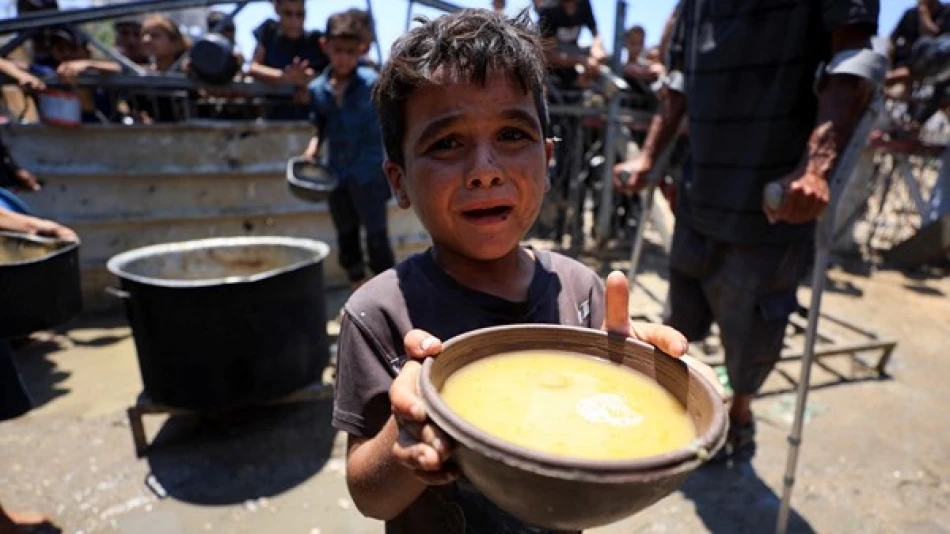
Mexican President Condemns Food Crisis in Gaza Amid Ongoing Conflict
Mexico's President Condemns Gaza Humanitarian Crisis as International Pressure Mounts
Mexican President Claudia Sheinbaum delivered a sharp condemnation of the humanitarian crisis unfolding in Gaza, citing severe food shortages caused by restricted aid deliveries to the Palestinian territory. Her statement adds Mexico to a growing chorus of Latin American nations challenging Israel's military strategy and highlights the expanding global diplomatic pressure over the conflict's humanitarian toll.
Mexico Takes Clear Diplomatic Stance
Speaking at a Friday press conference, Sheinbaum declared that Mexico "condemns what is happening now" and emphasized her country's commitment to "building peace through words and actions." The statement represents one of the most direct criticisms of the Gaza situation from a major Latin American leader since the conflict's escalation.
Mexico's position reflects a broader trend among Latin American governments, many of which have historically maintained sympathetic positions toward Palestinian causes. This diplomatic alignment stems partly from the region's own experiences with territorial disputes and foreign intervention.
Humanitarian Crisis Reaches Critical Point
The Mexican president's comments come as international relief organizations and UN agencies report alarming increases in acute malnutrition among children in Gaza. Israel implemented severe restrictions on humanitarian aid deliveries in March, a policy that was only marginally relaxed two months later following intense international pressure.
Aid Restrictions Create Cascading Effects
The restriction of humanitarian supplies has created a domino effect across Gaza's civilian infrastructure. Beyond immediate food shortages, the limited aid flow has disrupted medical supplies, clean water distribution, and basic sanitation services. Relief organizations describe the situation as approaching famine conditions in some areas.
Regional Diplomatic Implications
Mexico's stance carries particular weight given its position as Latin America's second-largest economy and its traditionally balanced approach to Middle Eastern conflicts. The country has historically maintained diplomatic relations with both Israel and Palestinian authorities, making Sheinbaum's criticism more significant than similar statements from nations with established anti-Israeli positions.
This diplomatic positioning also reflects domestic political considerations. Mexico's large Arab-descended population, particularly Lebanese and Palestinian communities, represents an important constituency that has long advocated for stronger government positions on Palestinian issues.
International Pressure Campaign Intensifies
Sheinbaum's condemnation adds to mounting international pressure on Israel to ease humanitarian restrictions. Similar criticism has emerged from European Union officials, African Union representatives, and various Asian governments, suggesting a coordinated diplomatic response is taking shape.
The timing of Mexico's statement coincides with renewed efforts at the United Nations to address the humanitarian crisis through Security Council resolutions. However, these diplomatic initiatives face familiar obstacles, including potential vetoes from permanent Security Council members with strategic interests in the region.
For Mexico, this position represents continuity with its traditional foreign policy principles of non-intervention and peaceful conflict resolution, while also signaling a more assertive approach under Sheinbaum's leadership on international humanitarian issues.
Most Viewed News

 Layla Al Mansoori
Layla Al Mansoori






